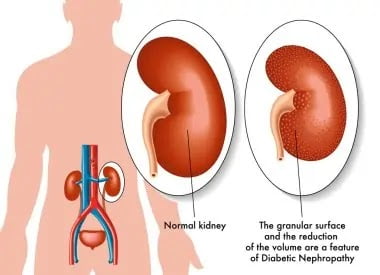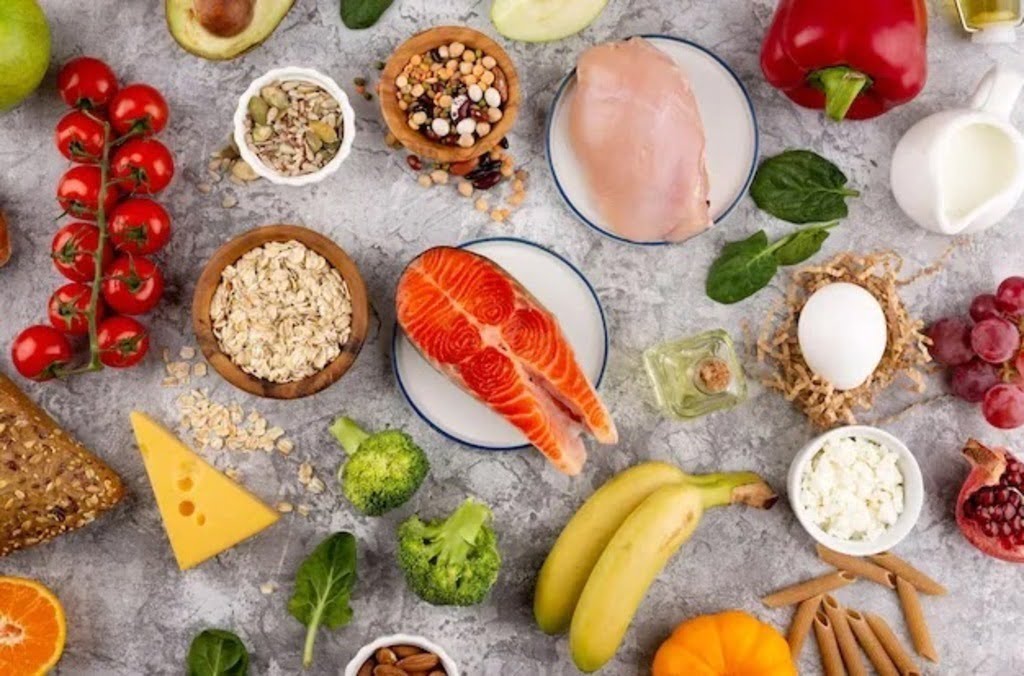
Vitamin B12 is an essential nutrient that plays a vital role in many aspects of your health. It helps maintain healthy nerve cells, supports brain function, assists in the production of DNA and red blood cells, and works with other B vitamins to regulate various bodily functions. The foods containing vitamin B12 are primarily animal meat, fish, eggs, and dairy. Vegetarians, people who are pregnant or nursing, and others who are at risk of deficiency may need to take supplements. In this article, we will explore the benefits of vitamin B12, the best food sources, and how to prevent or treat deficiency by adding vitamin B12 foods to your diet or meal plan,
Benefits of Vitamin B12 Foods
Vitamin B12 has many benefits for your health such as:
-Preventing anemia: Vitamin B12 is needed for the formation of red blood cells, which carry oxygen throughout your body. A lack of vitamin B12 can cause a type of anemia called pernicious anemia, which can lead to fatigue, weakness, shortness of breath, and pale skin.
–Protecting your nerves: Vitamin B12 is involved in the maintenance of the myelin sheath, a protective layer that covers your nerve fibers and helps transmit signals. Without enough vitamin B12, the myelin sheath can deteriorate, causing nerve damage, numbness, tingling, and loss of sensation in your hands and feet.
–Supporting your brain: Vitamin B12 is essential for the synthesis of neurotransmitters, which are chemical messengers that regulate mood, memory, learning, and cognition. Low levels of vitamin B12 have been linked to depression, dementia, Alzheimer’s disease, and cognitive decline.
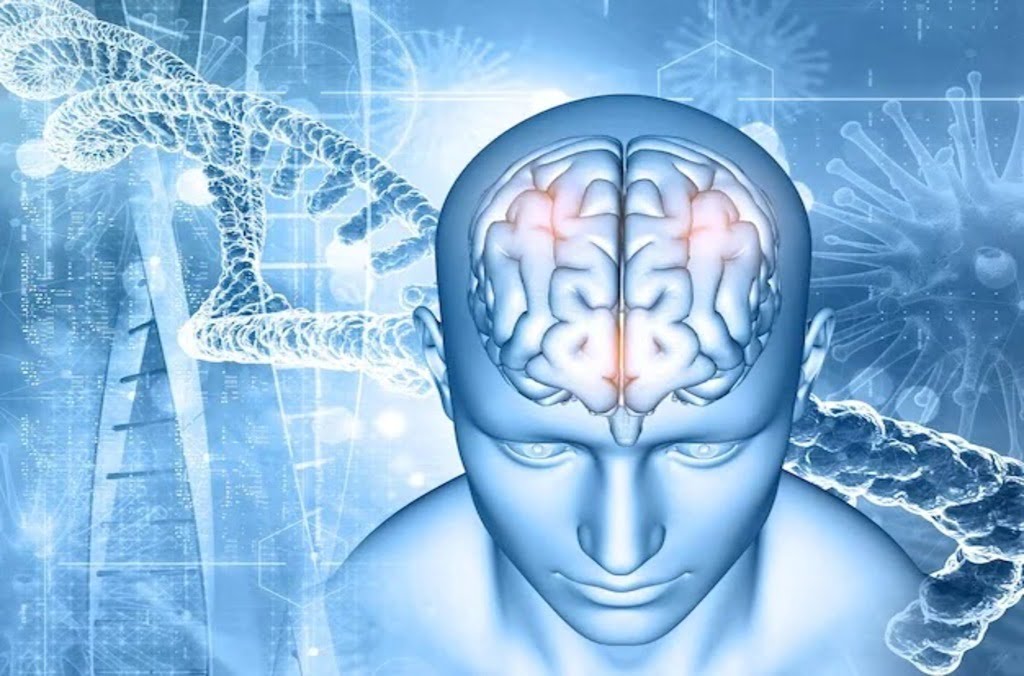
-Boosting your energy: Vitamin B12 helps your body convert food into energy by breaking down carbohydrates, fats, and proteins. It also helps your body use folate, another B vitamin that is important for energy production and cell division.
–Enhancing your immune system: Vitamin B12 supports the function of your white blood cells, which are responsible for fighting infections and diseases. It also helps regulate inflammation, which is a natural response to injury or infection but can become harmful if chronic or excessive.
Best Food Source of Vitamin B12
Vitamin B12 is mainly found in animal products, such as meat, poultry, fish, eggs, and dairy. Some of the richest sources of vitamin B12 are:
-Clams: These shellfish are packed with vitamin B12, as well as protein, iron, and zinc. A 3.5-ounce (100-gram) serving of clams can provide up to 4,120% of the Daily Value (DV) for vitamin B12.
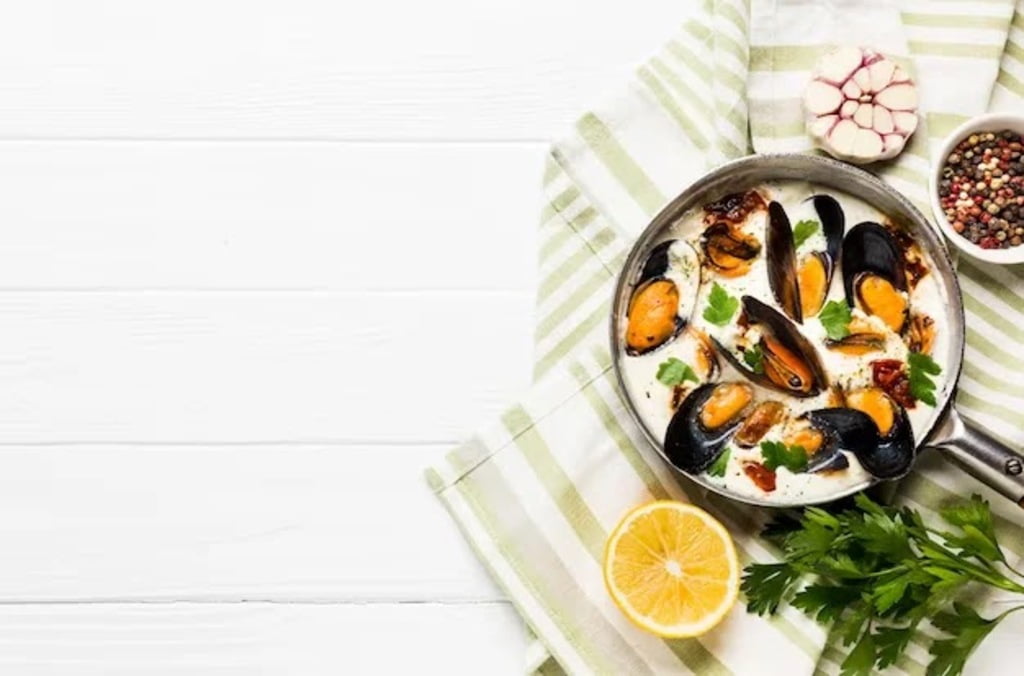
-Liver: Organ meats are among the most nutrient-dense foods, and the liver is no exception. It is very high in vitamin B12, as well as vitamin A, iron, copper, and folate. A 3.5-ounce (100-gram) serving of lamb liver can provide up to 3,571% of the DV for vitamin B12.
–Sardines: These small fish are rich in vitamin B12 and omega-3 fatty acids, which have anti-inflammatory and heart-protective effects. A 1-cup (150-gram) serving of drained sardines can provide up to 554% of the DV for vitamin B12.

-Fortified cereals: Fortified cereals can be a good way to get vitamin B12 for those who do not eat animal products. These are cereals that have added vitamins and minerals, including vitamin B12. However, the amount and quality of vitamin B12 may vary depending on the brand and type of cereal, so it is important to check the label and choose a reputable product. One cup (30 grams) of fortified cereals can provide up to 6 mcg of vitamin B12, 250% of the DV.
-Eggs: Eggs are a complete protein source, meaning they contain all nine essential amino acids. They are also a good source of vitamin B12, especially the yolk, which contains most of the vitamin. One large egg can provide up to 0.6 mcg of vitamin B12, 25% of the DV.

How to Prevent or Treat Vitamin B12 Deficiency
The recommended dietary allowance (RDA) for vitamin B12 is 2.4 mcg per day for adults, 2.6 mcg per day for pregnant women, and 2.8 mcg per day for breastfeeding women. However, some people may need more or less depending on their age, health status, and dietary intake. The best way to prevent or treat vitamin B12 deficiency is to eat a balanced diet that includes a variety of vitamin B12 foods, such as those listed above.
However, some people may have trouble absorbing vitamin B12 from food, such as those who have:
- Pernicious anemia: This is a condition where the body does not produce enough intrinsic factor, a protein that helps the stomach absorb vitamin B12. People with pernicious anemia usually need vitamin B12 injections or high-dose supplements to treat their deficiency.
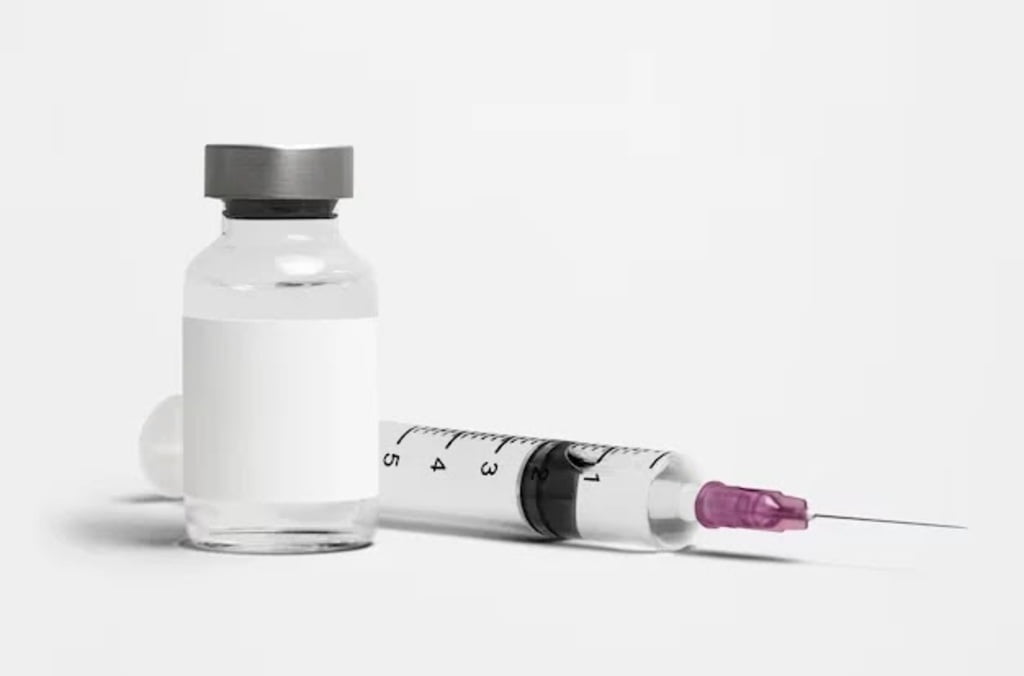
- Atrophic gastritis: This is a condition where the stomach lining becomes inflamed and thin, reducing the amount of stomach acid and intrinsic factors. This can impair the absorption of vitamin B12 from food, especially animal products. People with atrophic gastritis may benefit from vitamin B12 supplements or fortified foods.
- Crohn’s disease, celiac disease, or other intestinal disorders: These are conditions that affect the small intestine, where most of the vitamin B12 is absorbed. People with these conditions may have reduced absorption of vitamin B12 due to inflammation, damage, or surgery of the intestine. They may need vitamin B12 supplements or injections to correct their deficiency.
- Metformin: This is a medication used to treat type 2 diabetes. It can interfere with the absorption of vitamin B12 by reducing the amount of calcium in the intestine, which is needed for vitamin B12 absorption. People who take metformin may need to monitor their vitamin B12 levels and supplement if needed.
- Proton pump inhibitors (PPIs): These are medications used to treat acid reflux, ulcers, and other stomach problems. They work by reducing the amount of stomach acid, which can affect the absorption of vitamin B12 from food. People who take PPIs for a long time may need to check their vitamin B12 levels and supplement if needed.
The symptoms of vitamin B12 deficiency may not appear until the levels are very low, and they can be subtle or nonspecific, such as fatigue, weakness, mood changes, memory problems, or tingling sensations. Therefore, it is important to consult your doctor if you suspect you have a vitamin B12 deficiency, or if you belong to a group that is at risk of deficiency. Your doctor can diagnose your condition by measuring your blood levels of vitamin B12 and other markers, such as homocysteine and methylmalonic acid, which can indicate a functional deficiency. Your doctor can also prescribe the appropriate dose and form of vitamin B12 supplementation for your needs.
Conclusion
Vitamin B12 is a crucial nutrient for your health, and you can get it from a variety of foods, especially animal products. However, some people may have difficulty absorbing vitamin B12 from food, or may not consume enough vitamin B12 foods in their diet, leading to deficiency. Vitamin B12 deficiency can cause serious health problems, such as anemia, nerve damage, and cognitive impairment. Therefore, it is important to eat a balanced diet that includes vitamin B12 foods and to consult your doctor if you have any symptoms or risk factors of deficiency. Vitamin B12 foods are a natural way to boost your health and prevent or treat deficiency.
FAQs
Q: What are the symptoms of vitamin B12 deficiency?
A: Vitamin B12 deficiency can cause fatigue, weakness, mood changes, memory problems, or tingling sensations in your hands and feet. If left untreated, it can also lead to anemia, nerve damage, and cognitive impairment.
Q: How much vitamin B12 do I need per day?
A: The recommended dietary allowance (RDA) for vitamin B12 is 2.4 mcg per day for adults, 2.6 mcg per day for pregnant women, and 2.8 mcg per day for breastfeeding women. However, some people may need more or less depending on their age, health status, and dietary intake.
Q: What are the best food sources of vitamin B12?
A: Vitamin B12 is mainly found in animal products, such as meat, poultry, fish, eggs, and dairy. Some of the richest sources of vitamin B12 are clams, liver, sardines, fortified cereals, and eggs.
Q: How can I prevent or treat vitamin B12 deficiency?
A: The best way to prevent or treat vitamin B12 deficiency is to eat a balanced diet that includes a variety of vitamin B12 foods. However, some people may have trouble absorbing vitamin B12 from food, or may not consume enough vitamin B12 foods in their diet, due to medical conditions, medications, or dietary preferences. In these cases, they may need to take vitamin B12 supplements or injections, as prescribed by their doctor.
Q: How can I check my vitamin B12 levels?
A: You can check your vitamin B12 levels by doing a blood test, which can measure the amount of vitamin B12 and other markers, such as homocysteine and methylmalonic acid, in your blood. These markers can indicate a functional deficiency of vitamin B12, even if the blood level is normal. You should consult your doctor if you have any symptoms or risk factors of vitamin B12 deficiency, or if you want to monitor your vitamin B12 status.

